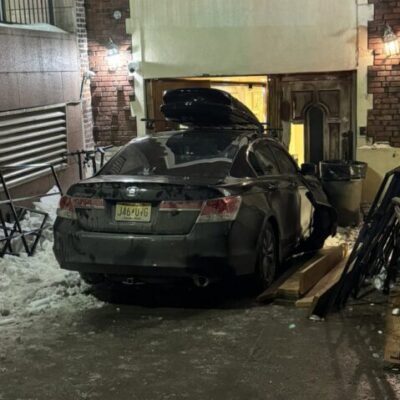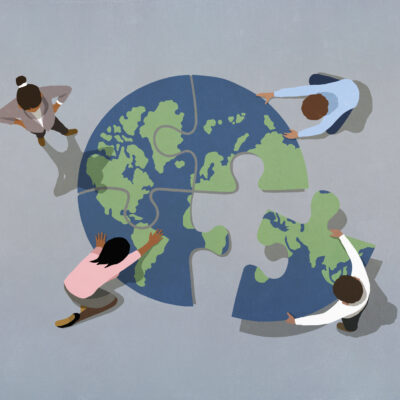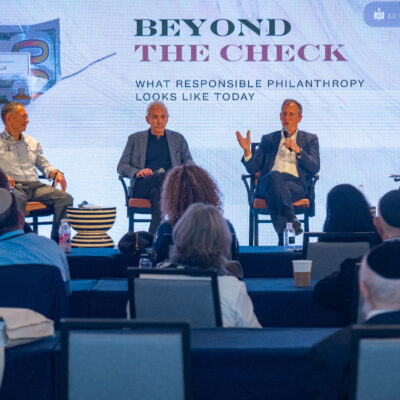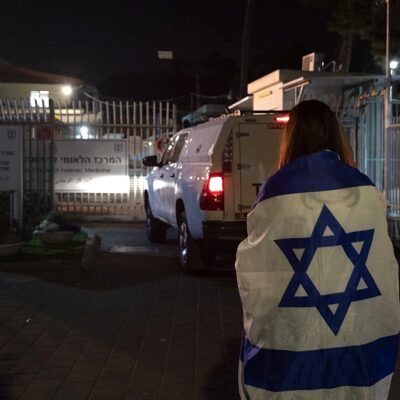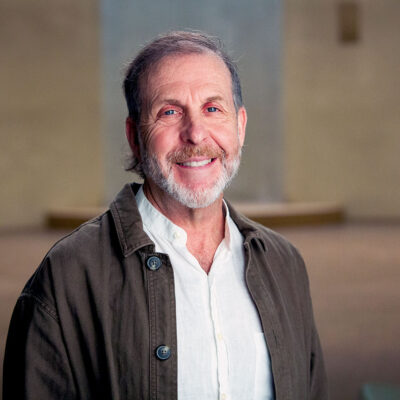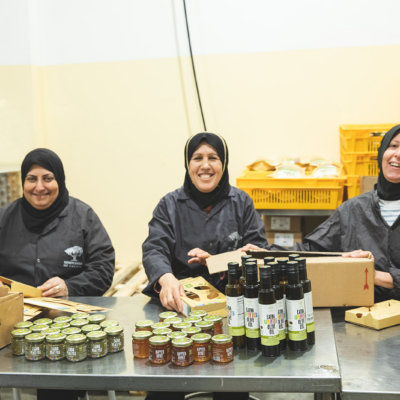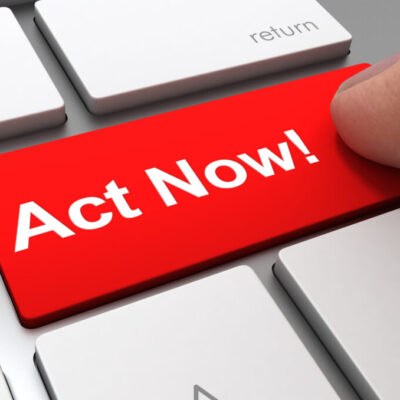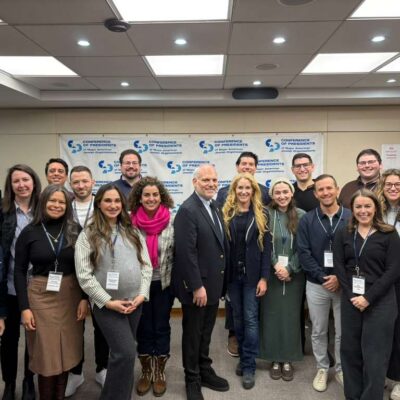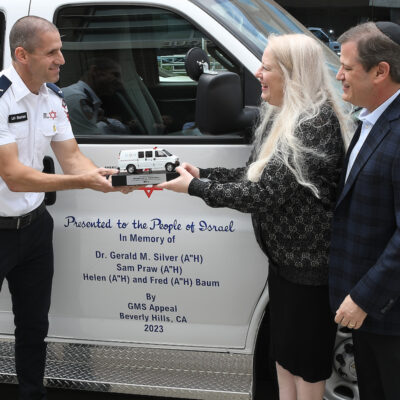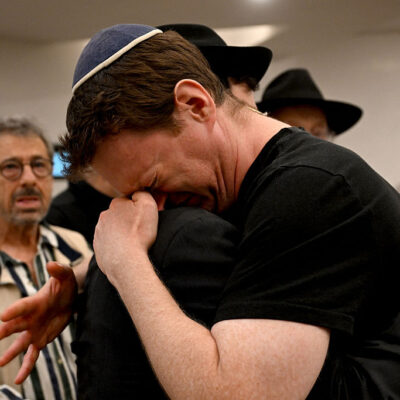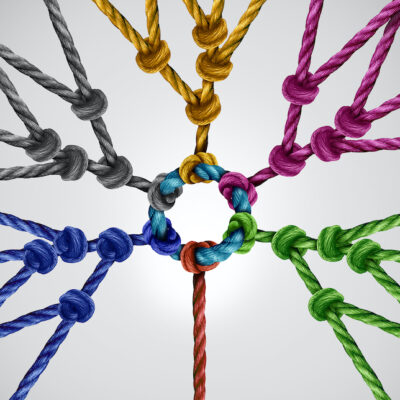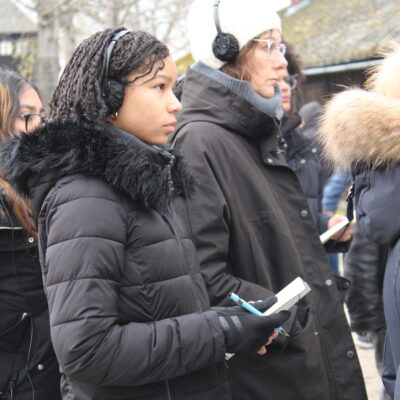Opinion
SYSTEM CHECK
The questions the American Jewish community must ask in the face of rampant antisemitism
For those spending time in Jewish communal convenings or spaces with Jewish funders, there’s a question you are nearly guaranteed to hear: If we have so many organizations fighting antisemitism, why do we still have so much of it?
The “so much of it” part was reinforced with the recently released FBI Reported Crimes in the Nation 2024 – Hate Crime Statistics report, which included the deeply concerning finding that anti-Jewish incidents increased by 5.8% from a staggering 1,832 in 2023 to 1,938 in 2024. At a time when the American Jewish Committee’s The State of Antisemitism in America 2024 report indicates that nearly 60% of American Jewry are choosing to alter their behavior out of fear of antisemitic harm, and as a people whose very faith embraces machloket (productive debate), we should welcome tough questions and fresh thinking in this pivotal moment.
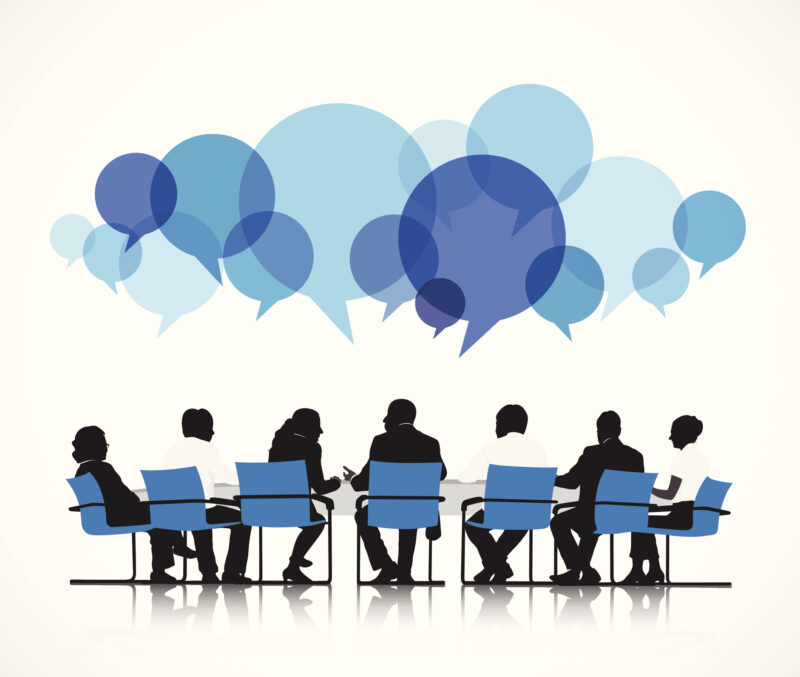
Rawpixel/Getty Images
The problem is, as well-intentioned as it may be, we’re asking the wrong question. That question presumes that we — the Jewish community — have the sole agency to turn the tide of antisemitism; but millennia of Jewish history, under various empires, regimes and governments, have taught us otherwise.
Even in the U.S., with the freedoms that American democracy has provided Jews, we must have the humility to acknowledge that change comes in concert with those capable of perpetuating antisemitism: non-Jews. Our task is to also employ strategies that call out and define antisemitism, combat it on the left and right through a whole-of-society approach, and educate about the hatred we face and what it exposes about the health of our democracy and society.
But the greater flaw embedded in the question is the assertion that all organizations combating antisemitism are the same and duplicating each other’s efforts. It would be more worthwhile for American Jewry to ask two critical questions instead: Are we being duplicative, and does the work currently being done best serve the Jewish people?
Our community has a finite number of human and financial resources to defend the Jewish people and stand with Israel. We don’t have the luxury to be redundant. That means examining our communal landscape before launching a new organization or program and assessing if existing initiatives can be improved or expanded.
If our collective mindset becomes one of optimization, rather than “I can do this better” and starting anew, we can leverage, improve and consolidate existing efforts. This mentality can also allow our community to identify what the real gaps are within our collective fight against antisemitism — including newer spaces that must be addressed, like AI or expanding engagement within key regions in the world — and reserve creating new entities for when there is real need.
To be sure, this moment in Jewish history demands big thinking and our best ideas must rise to the top. But reinventing the wheel each time we try to innovate depletes those limited resources.
Unlike prior chapters in the Jewish experience, we now have the opportunity to empirically test what best serves the Jewish community. We can and must utilize data to see if our individual efforts are moving the needle, and be transparent about what the metrics find. The good news is many of our organizations are already doing this and sharing the findings, particularly when it comes to message testing. And as with those findings, we have a responsibility to not employ messaging or efforts that indeed do harm, instead making sure we are all driven by evidence-based approaches.
The antidote to duplication is partnership. As only 2.4% of the American public, we simply can’t afford division at a time when our key issues demand a unified voice. From federal funding for the physical security of U.S. Jewish institutions to our continued advocacy to bring the hostages home, when a diverse set of American Jewish groups galvanize around an issue those in the halls of power take notice.
Last month, 400 of our organizations came together quickly and effectively to forcefully denounce a dangerous precedent by the National Education Association, the largest professional union in the nation, to boycott the ADL and that collective action was one of the drivers that led to the boycott’s defeat. This work isn’t easy, but when we approach collective advocacy with humility: it works.
While collaboration is critical, partnership inherently means not burning down the communal ecosystem to become a single organization. Increasingly, our organizations are unified in what we believe the challenges are, but have significant differences as to what we believe the successful strategies should be: and that’s okay. Our varying areas of expertise, models, and priorities are a strength. These differences- when coordinated- afford our community credibility in various sectors of society and allow us to represent the totality of mainstream American Jewry. The broken nature of U.S. college campuses and its impact on Jewish students provides a prime example of where varied strategies and expertise are needed.
The second and most imperative question we must ask is: Does this work best serve the Jewish community? This question may seem obvious, but in a deeply polarized Jewish communal landscape and a polarized American society, it is one we must continue to return to.
The strong sense of Jewish peoplehood that accompanied the early months following the Oct. 7, 2023, Hamas attacks afforded us a deeply held unity. Nearly two years later, we’ve seen fractures in our community even in the face of growing antisemitism and waning global support for Israel. The organizations and initiatives we amplify must be ones that build up our community, not tear us down or divide. We must shed the era of competition and chastising and rededicate ourselves to an era of collective Jewish peoplehood. The reality of this moment, and of Jewish history, is that what one of us does affects us all.
Rabbi Lord Jonathan Sacks z”l offered us this charge: “The Jewish people are uniquely poised to show the world the gift of hope. When the world is divided, let us be united as Jews.” As we navigate the virulent antisemitism across this country, let us do so together and show the world our unity.
Meggie Wyschogrod Fredman is the director of U.S. Jewish communal engagement and partnership at the American Jewish Committee.

 Add EJP on Google
Add EJP on Google